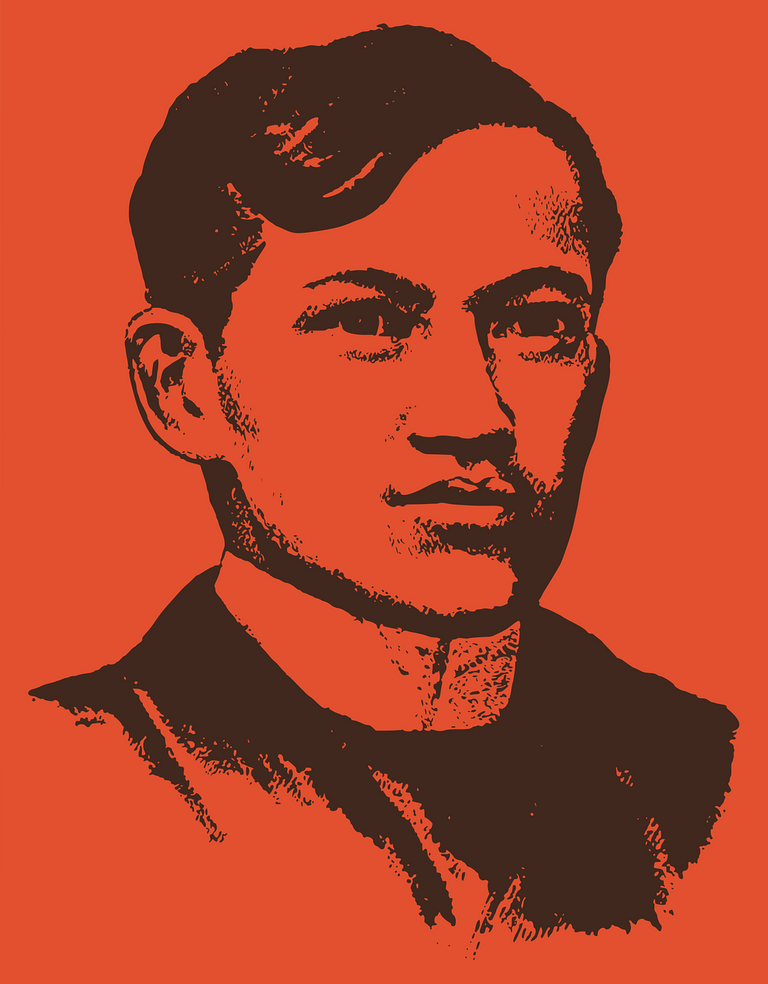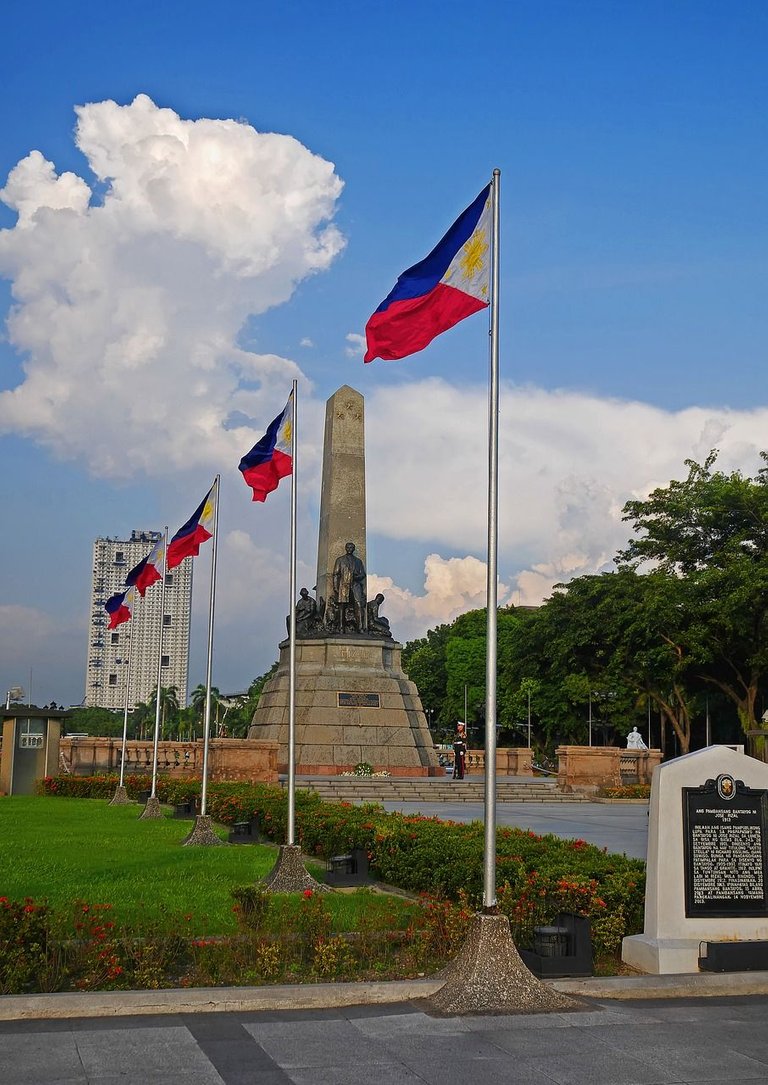Knowing about the conflicts and controversies in history teaches us that despite the vastness of the past, people's everyday lives also serve as its foundation. Decisions made by people over thousands of years, whether they were kings, merchants, farmers, or slaves, have significantly impacted world history.

Image from Pixabay
Dr. Jose Rizal's retraction has been one of the Philippines' historical controversies that has remained mostly unsettled throughout the years, and I understand why. In a report in "Revisiting Rizal’s Last 24 Hours Using Spy Reports" which is written by Dr. Rene Escalante, the current chairman of the National Historical Commission of the Philippines, it's explained that priests and members of the Masonry debated whether our national hero, in 1986, renounced his affiliation with Masonry and embraced his Catholic faith again the night before his death. Both promote moral values and the pursuit of the truth, making this issue more controversial.
This issue developed because many publications, both domestically and abroad, published articles on Rizal's execution day and the events that transpired in his cell the night before he passed away based on the accounts of Jesuits and other colonial authorities who paid him a visit the day before. The Jesuits have Fr. Balaguer, who swore that he intervened and witnessed it all.
Consequently, various views and analyses about whether he truly died as a Catholic or not are numerous, whether from local or national experts. I first read Dr. René Escalante's analysis and found it reliable, as every claim he makes is accompanied by facts and evidences, particularly written oral primary sources, making me agree all the time. An example of his main topic and strong evidence that Rizal retracted but made Fr. Balaguer unreliable is this: the Cuerpo de Vigilancia Collection, from a descendant named Moreno, of a Spanish general who was assigned to the Philippines during the Spanish period's twilight years. Therefore, he's a credible eyewitness because he was physically present near Rizal's detention. Escalante's claims are not ambiguous, and he's consistently objective, usually providing an overview first of the primary sources he presents. As I was engrossed in his claims, my mind was fixed on the fact that Rizal retracted, and no matter the claims I encounter later on, they won't make sense.
However, upon reading various local views, I've found some who adamantly don't agree that Rizal really retracted. Like Escalantes, they base their analysis on different primary sources but reject it due to logical questions weakening the primary source's veracity. Most claims Escalantes discussed were already mentioned before presenting the Cuerpo de Vigilancia Collection, such as the retraction being forged, the church lying to Rizal's family about the retraction, initially said to be lost but found after 30 years, and no evidence of public records or a marriage certificate of Dr. Rizal and Bracken, which I believe should have surfaced.

Image from Pixabay
Why? Just as Dr. Escalantes stated, Moreno's report and Fr. Balaguer's statements are the same, excluding that Fr. Balaguer is the real primary source as he was never mentioned in the report. Given that Moreno is an unbiased eyewitness and has no vested interest in defending this specific topic, his statement may be seen as more believable than the affidavits and testimony provided by the Catholic Church and the Masons. It was a call of duty that sent him to Fort Santiago, and he was required to submit the report as part of his duties. The only claim I can't get over is why they lied to Rizal's family and how the original document was lost so easily and then found after 30 years.
Moving on, their claims also made me realize that Rizal might not have retracted his writings that led to his execution. If he retracted, his writings wouldn't make sense since they exposed the atrocities of both the Spanish Colonial Government and the Catholic Church controlling the Filipino population. He fought these institutions his entire life; it's an indirect admission of guilt by both entities to silence their critic.
Additionally, the contents of Mi Ultimo Adios (My Last Farewell), inspiring Filipinos to rise against the Spaniards, are noteworthy. Mi Ultimo Adios shows that Dr. Rizal loved his homeland and resisted oppressors until his death, in contrast to the retraction letter he purportedly signed. His continued rebellion in the face of persecution, rendering Filipinos' lives hopeless, is evidence of his conviction that he died loving his country.
Aren't such issue stressful? I browsed for more views hoping to find more credible claims to clear my mind about this. I stumbled upon an article, "Did Rizal consider retracting while in Dapitan?" by Bryan Anthony Paraiso, a supervisory official in the Philippine National Historical Commission's Historic Sites Development division. This article discussed letters of the Jesuit Antonio Obach to his mission superior that shed light on this controversial issue, but it raised questions about Father Antonio Obach’s letters as a reliable source about Rizal’s situation.
Contained in the letters is that Rizal didn't want further battles with the friars and just wanted to live and work in peace. Retraction of his errors was deemed necessary. Rizal agreed to conditions for his freedom: he must return confiscated items to his family or their equivalent, and he must give himself P50,000 to start a business. How could he agree if the execution was already unstoppable?
The debate has persisted for over 100 years as successive generations revived it for various reasons. Each side argued with so much at stake, ending up uncompromising and close-minded to the opponent's evidence. This contributes to conflicting narratives among historians. In cases like this, looking for evidence outside the interest groups involved is ideal.

Image from Pixabay
Amid these circumstances, Escalantes' analysis is the most reliable, but part of me still wants to believe that Rizal did not retract. This controversy highlights how important primary sources are in solving controversies like Rizal's retraction in Philippine history. His retraction has a serious negative impact on himself. His heroism can be easily undermined to satisfy personal desires. Issues can't be resolved if sources are tainted by people's opinions.
😊🤙 very well written. I wish I could do such good work!
I just wanted to offer u any help.. like if u got questions about hive, peakd, ecency, crypto, etc. I am now 6 yrs on this blockchain. :) so feel free to ask or tell me anything..
:)
woww thank you so muchh!!♡ appreciate your offer, will surely reach out to you
😉🤙
Congratulations @itsmeelii! You have completed the following achievement on the Hive blockchain And have been rewarded with New badge(s)
Your next payout target is 100 HP.
The unit is Hive Power equivalent because post and comment rewards can be split into HP and HBD
You can view your badges on your board and compare yourself to others in the Ranking
If you no longer want to receive notifications, reply to this comment with the word
STOPTo support your work, I also upvoted your post!
Check out our last posts: